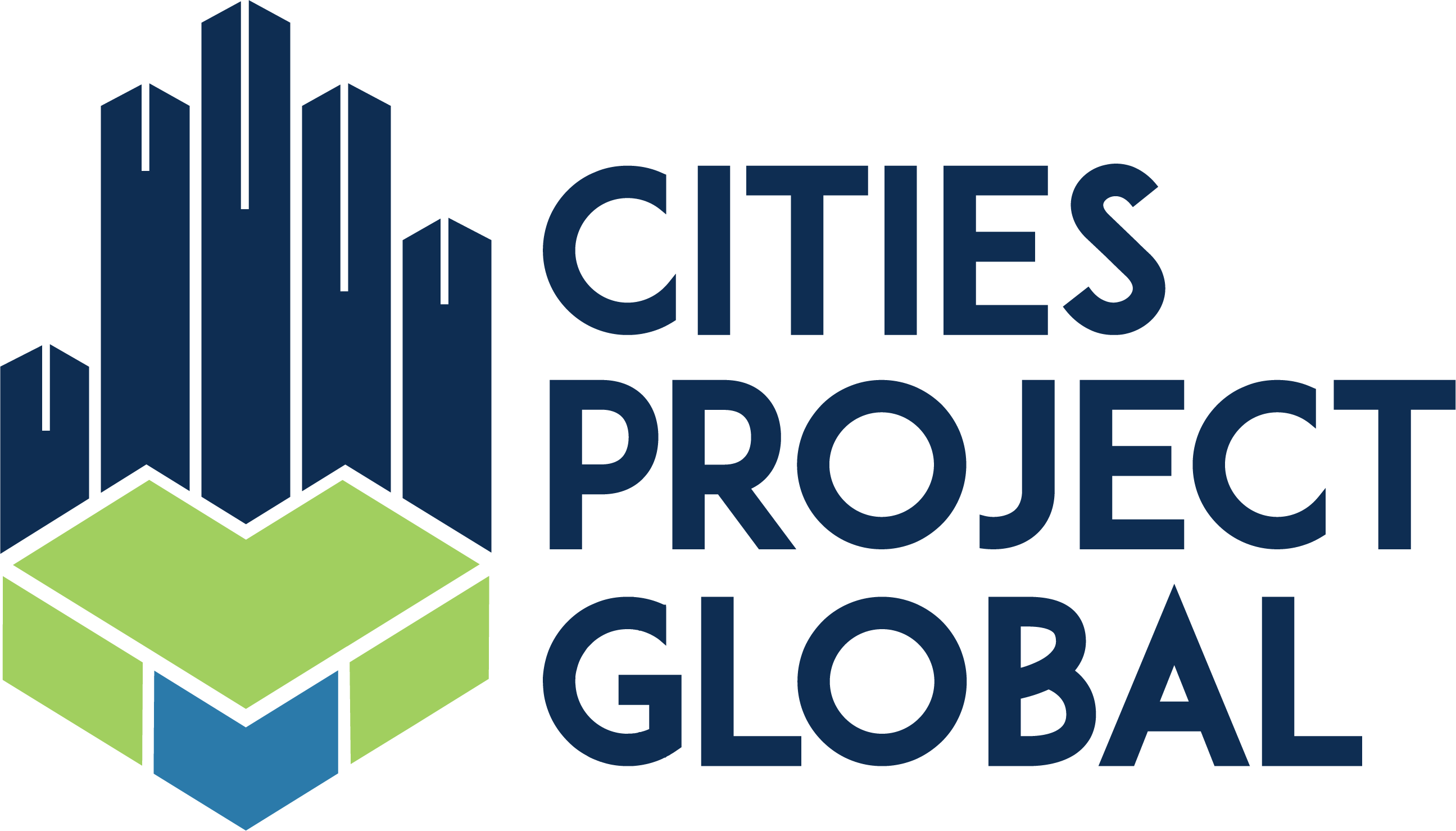If you’ve been around churches or in small groups for a while, you might be familiar with the question, “How’s your spiritual life?”
The intentions are good — friends and family want to check in on how you’re actively building a life of faith. Sometimes if the answer is, “could be better,” the solution revolves around developing a more routine quiet time, getting more involved with Christian community, or trying a new Bible study. While these things are all good, they do also reveal something somewhat troubling: a divided, dualistic view of the sacred and secular that God never intended.
If we revisit the Hebrew roots of Christianity, we find the word avodah, which gives us a deeper understanding of how God envisioned our lives — lives that were meant to be integrated, not compartmentalized into work, family, church, hobbies, etc.
First of all, what does “dualism” mean?
Dualism is the misguided division of things into opposing dichotomies. Things like:
- Sacred vs secular
- Spiritual vs physical
- Clergy vs laity
While this dualistic outlook on things might seem native to Christianity — it’s easy to assume that all Christians have distinguished between the sacred and secular for the past two thousand years — it actually comes from Greek philosophy. In fact, it stands in contrast to God’s original desire for his goodness to permeate all of creation at all levels.
Now that we’ve established that dualism is not at all how God intended things, let’s look at how God actually did intend things.
Avodah: the integrated life God wants you to live
The Hebrew word for work is avodah. We see it first in Genesis 2:15: “The Lord God took the man and placed him in the Garden of Eden to work it and take care of it.”
But that’s not all. In English translations of scripture, this is rendered into many different words: work, craftsmanship, ministry/service, worship.
All of these things are encapsulated in avodah, but have you ever thought of work and worship as one? And how do you conceptualize ministry? Most people think of church work when they think of ministry, maybe working their way down the hierarchy of “sacred” vocations — pastor, worship leader, youth group leader, theology lecturer, Christian media workers. The list goes on, but only for a little because in most people’s minds there aren’t many jobs that count as ministry. People think other material work (jobs that keep the cogs and wheels of society moving) are necessary but not ministry.
But what if anything at all counts as ministry, if it’s done for God? Any opportunity we have to work, act in service, or love others? Don’t all of these reflect God?
The truth is that our work can always be a gift for others. Whether serving food in a cafe, acting as an accountant and keeping people’s finances in order, or creating community art in public spaces, there is always the opportunity to enrich the lives of others.
And living in that integrated way, where work, worship, and service are one, is avodah — our original calling.
Shalom is more than just peace — it’s wholeness
You may be familiar with the Hebrew word shalom. It means peace, and amongst Hebrew speakers it’s commonly used as a greeting. We typically understand peace as the absence of conflict, but shalom means so much more.
As Tim Mackie, who started The Bible Project, describes it, shalom is about wholeness. It can refer to a stone with no cracks or a wall without gaps or bricks missing. Shalom is something complex with lots of intricate pieces that is in a state of completeness. Job described his tents as being “in shalom” because he counted his flock and no sheep were missing.
Life is complex, full of moving pieces and relationships and situations, and “when any of these is out of alignment or missing, your shalom breaks down.”
You can also enact shalom — it’s just as much a verb as it is a noun. To bring shalom means to “make complete.” Solomon brings shalom to the unfinished temple when he completes it. And Proverbs describes reconciling a broken relationship as bringing shalom. In the Old Testament, when rival kingdoms stopped fighting, they made shalom by not only declaring a ceasefire but starting to work together for each others’ benefit.
Jesus is called the Prince of Peace (shalom) not only because he will bring an end to conflict in the world, but because he will bring wholeness to it and its people again.
Bringing shalom to our cities and communities
Common grace is the description of how God makes good things available to everyone — no matter their beliefs — and it is distinct from his saving grace (you can read more about it here). As Christians, we are meant to be agents of his common grace, working for the common good of all people.
When we carry out the cultural mandate and build a culture of shalom in our community, we bring restoration and redemption to the world, cultivating God’s kingdom.
In an article in Christianity Today, Skye Jethani describes how shalom is reflected in the Garden of Eden:
- There is order — God intentionally planted it and tended to it
- There is beauty — God designed living things with more than pure utility in mind
- There is abundance — God provided more than enough raw resources
Jethani goes on to illustrate an example of a friend bringing shalom to his city through these principles, realizing that his vocation as a real estate developer was a ministry.
Walter Crutchfield, in Phoenix, AZ, looked beyond economic opportunities to develop real estate, searching for ways to bring transformation to depressed neighborhoods. He came upon run-down properties in an underserved part of Phoenix and worked to restore them. By doing so, he brought order to a chaotic, struggling neighborhood. By taking extra care, planting trees and adding color, he cultivated a beautiful space. By inviting businesses into the restored building, he brought abundance, creating jobs and economic opportunities where there previously had been none.
These decisions were made in pursuit of the common good, and they brought shalom to a city community.
How are you cultivating avodah in your life? How can you bring shalom to your community?
Instead of contemplating the question, “how is your faith life?” and perpetuating a dualistic faith-work, sacred-secular mindset, it would be better to consider the question, “how are you building avodah in your life?”
How is your work a ministry? How can you worship — reflecting God’s glory to others — through it? And how can you make it a gift of love to others?
When you recognize the significance of your work, and how it is a fully integrated part of how God has called you to share your faith with others every day, you can look for ways to bring shalom to those around you.
What are your opportunities to bring order, beauty, and abundance to your community? What is in need of restoration? How are you uniquely experienced and gifted to respond to that need, bringing wholeness to those around you?
This article is part of an ongoing series exploring what it means to live out the Christian faith in all areas of life: family, media, church, art & entertainment, education, government, commerce & technology.
©2021 Cities Project Global


Recent Comments